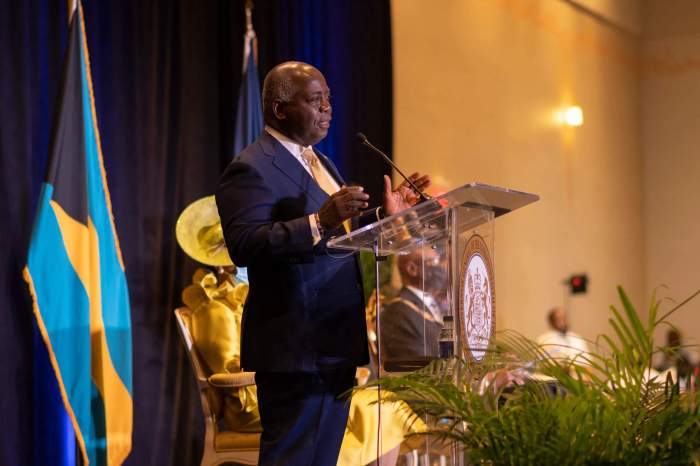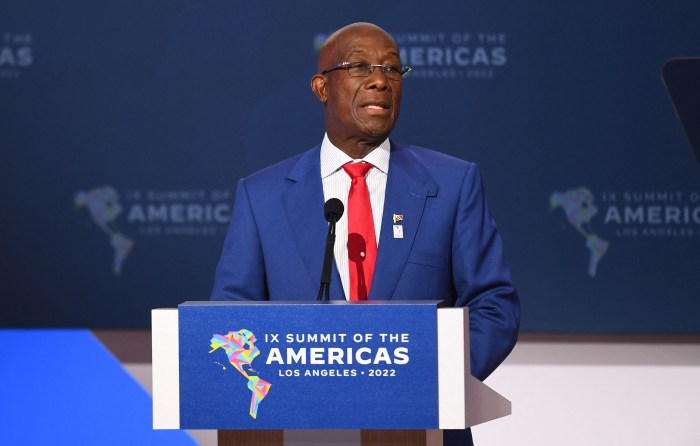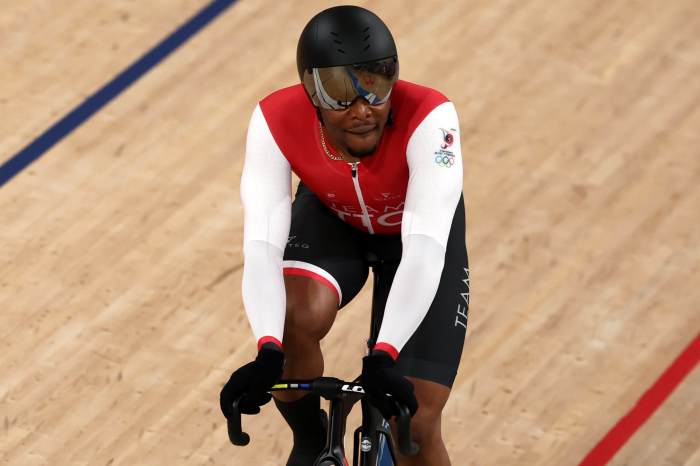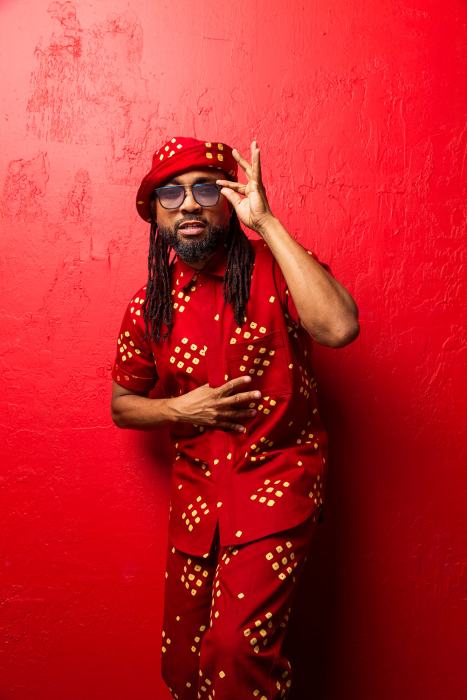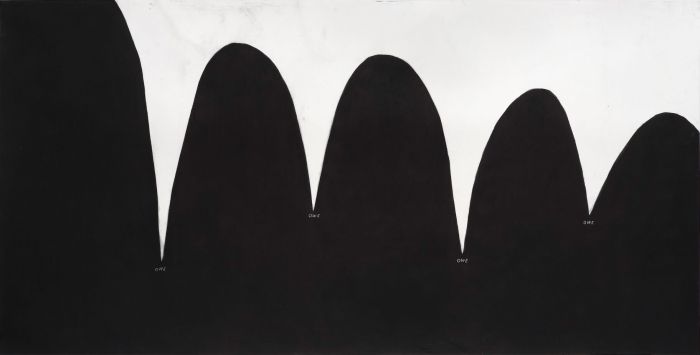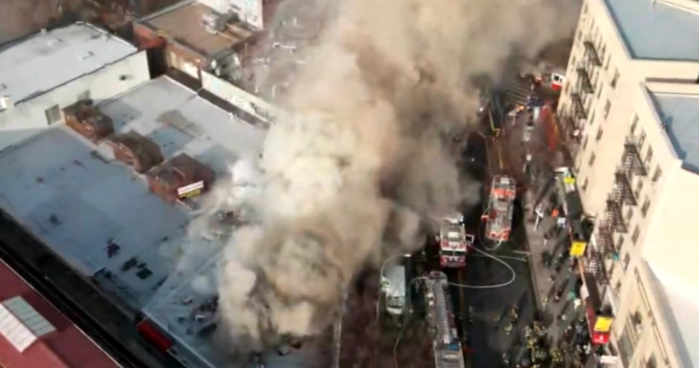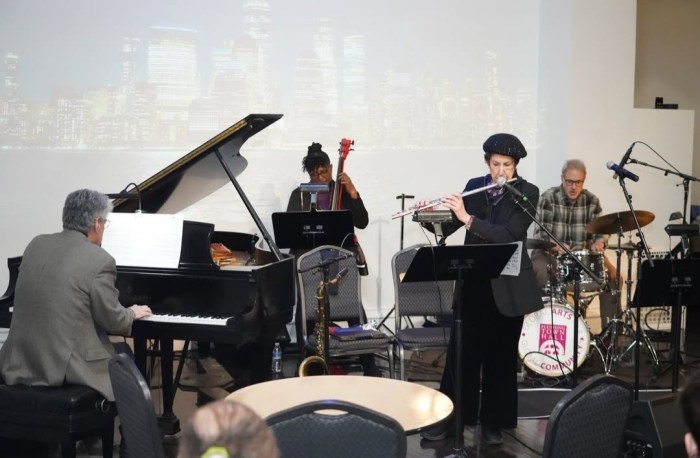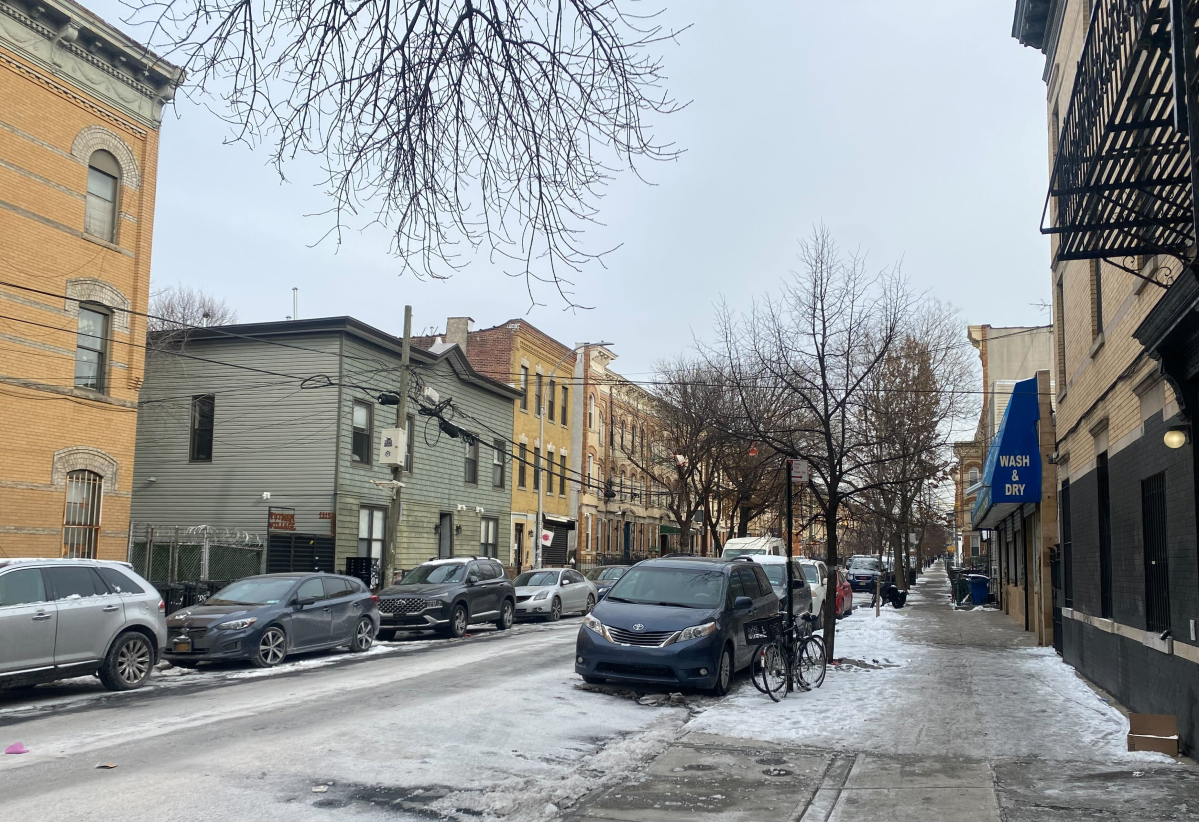Yasin Abu Bakr failed to show up to give testimony as to the planning and motives for the July 27, 1990 coup that plunged Trinidad and the rest of the Caribbean trade bloc into a state of shock when hearings continued in Port of Spain this week.
Bakr had been summoned by a commission of enquiry probing events of the coup to explain his side of things but as he had indicated last week, he was not planning to attend because the state is preparing new sedition charges against him for allegedly demanding Zakat or charity payments from prominent island Muslims.
The man who led 113 other angry Black Muslims in a putsch against the state one Friday afternoon 22 years ago is adamant that any evidence he gives at the public commission will prejudice any jury sitting in a new sedition trial after his first ended in a hung jury.
His lawyer even said in a letter to the commission that Bakr is so affected by an advanced case of diabetes that his memory would be suspect as the two maintained their stance that it would not be in Bakr’s interest to give details and opinions on the state of play and the time and then have to face a 12-person jury who would have been exposed to all the evidence emerging from the hearings.
More than 20 persons died, dozens were injured and large parts of the commercial sections of the city were destroyed by fire when members of the Jamaat al Muslimeen who were angry with the economic austerity policies of the then government of Prime Minister ANR Robinson and a land dispute with authorities stormed parliament and other state buildings in an attempt to take over the state.
The stand-off lasted nearly a week before the Muslimeen members were offered a highly controversial amnesty in exchange for putting down their weapons.
Decades after, the nation says it finally wants closure on the issue by hearing form everyone who was involved in some way, or thinks he or she was involved, but such cannot be accomplished without the direct and express testimony from the attempted coup leader.
On the other hand, Director of Prosecutions Roger Gaspard who turned up on Monday, even offered to allow Bakr, a former cop, to testify in camera while suggesting that a new sedition trial is imminent.
But Bakr’s lawyer Wayne Sturge listed three reasons why his client won’t show up despite an official summons, pointing to negative pre-trial publicity, the possibility that other witnesses will use his evidence before the commission to the detriment of the imam at this sedition trial to Bakr’s health as reasons why it is tough for him to give evidence.
Sturge who also was a no show said in a letter to the commission that Bakr “cannot be relied upon to give evidence in a coherent and reliable manner” after extended periods
because of his “uncontrolled diabetic condition.”
Hearings continue this week but no one is sure whether the offer for a private hearing will be taken up.


